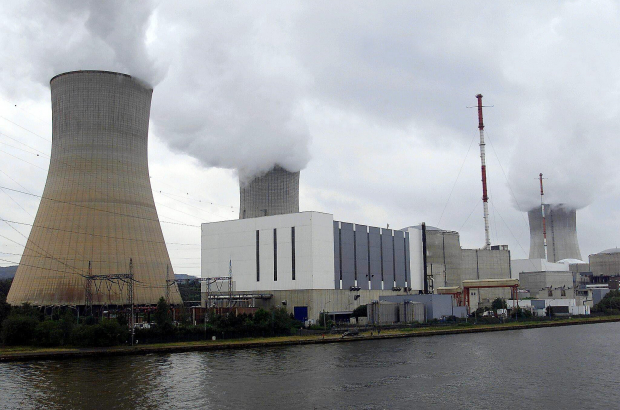- Daily & Weekly newsletters
- Buy & download The Bulletin
- Comment on our articles
Belgian Health Council enters into debate over nuclear reactor closures
Nuclear energy, in its current state, does not meet the environmental, ethical or health principles of sustainable development, according to a statement released by Belgium’s Superior Health Council (CSS). The body also considers that the shutdown of nuclear power plants is possible in Belgium at a relatively limited cost, also taking into consideration the CO² impact of doing so.
The publication of the council’s opinion comes at a time when the federal government nears its deadline of November to decide on the partial or total closure of Belgian nuclear reactors by 2025.
As a low emitter of CO², nuclear energy is regularly presented as an ideal alternative to replace fossil fuels in electricity production, but "the reality is more complex," stresses the CSS, raising in particular the issue of the longevity of radioactive waste, which is likely to impact several generations, as well as the risks of terrorism and serious accidents.
"The risk of a serious nuclear accident cannot be excluded, even in the best nuclear power plants, and Belgium has a special vulnerability in this regard due to the characteristics of the sites concerned: located near major cities and international traffic routes, saturated road networks and dense populations," the CSS notes. The scientific advisory body of the federal public health department therefore considers that "the continuation of this risk for another 10 or 20 years raises environmental, health and ethical questions".
The CSS says it is aware of accelerated technological developments to build smaller, safer reactors with less waste and less risk of proliferation. "But most of them are still in the development phase and in-depth assessments still need to be carried out, in terms of safety among other things," the CSS notes. "These reactors are not a solution to the current choices needed to be made by Belgium."
Based on studies carried out in particular by research institute collective EnergyVille, and the Federal Planning Bureau, the CSS also adds that the shutdown of nuclear power plants is possible in Belgium at a relatively low cost and CO² impact.
"The necessary energy transition must remain compatible with the principles of sustainable development and not lead to new imbalances and risks," concludes the CSS. "This will only be possible by agreeing to question, in a spirit of critical modernity and equity, the paradigm of unlimited growth and by reflecting on a new economic paradigm unrelated to consumption and on creative processes of socially equitable and positive reinvention of lifestyles."
Federal energy minister Tinne Van der Straeten responded on Monday by saying that the CSS report should be taken into serious consideration when coming to a decision on Belgium’s proposed closure of its reactors in the coming weeks – and beyond.
"The Covid crisis has taught us to take the views of experts seriously and to conduct evidence-based policy,” she said. “The CSS's opinion is all the more valuable because it is written by a diverse group of nuclear experts, engineers, toxicologists and philosophers."
"Federal energy policy is based on facts and figures. This opinion will allow us to consider it further," she added.















